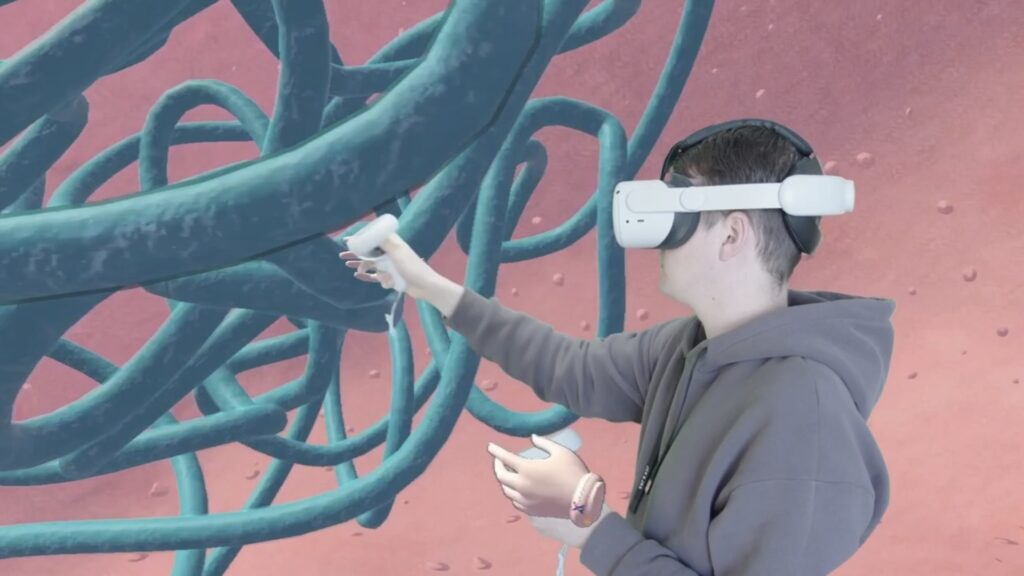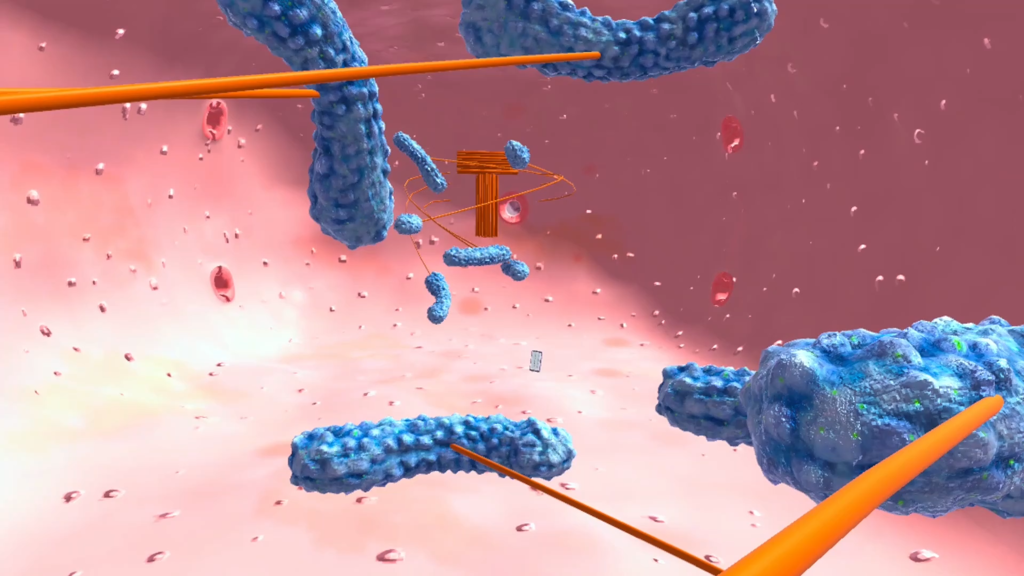

In today’s competitive academic environment, many students strive for perfection, aiming for the highest grades and accolades. While ambition is commendable, an excessive focus on grades over genuine understanding can lead to what’s known as the overachiever syndrome. This phenomenon can hinder true learning and negatively impact a child’s mental health.
When students develop overachiever syndrome, their primary goal becomes achieving top marks rather than gaining true understanding. The education system, with its emphasis on grades and standardized testing, often inadvertently encourages this mindset. Students become fixated on memorizing information and meticulously calculating their average scores, frequently at the expense of deep, meaningful learning.
Surface Learning: In their quest for perfection, these students might cram large amounts of information to excel in exams or presentations. They focus on rote memorization and short-term retention strategies, which may help them achieve high scores in the moment. However, this approach often lacks context and connection to broader concepts. Without genuine comprehension, they struggle to recall or apply the material in new situations, hindering their ability to think critically and solve problems creatively.
This surface-level engagement with the material prevents students from developing a robust foundation of knowledge. It turns education into a checklist of tasks to complete rather than an enriching process of discovery and understanding. As a result, learning becomes a means to an end—a high grade—rather than an enjoyable and enlightening journey.

Fear of Mistakes: Alongside this superficial approach to learning is an intense fear of making mistakes. The pressure to be perfect creates a high-stress environment where errors are seen as failures rather than opportunities for growth. This fear extends beyond academics, impacting students’ confidence and willingness to take risks in all areas of life.
The anxiety associated with the possibility of falling short can lead to mental health issues such as chronic stress, burnout, and even depression. It stifles creativity and discourages experimentation, essential components of genuine learning and personal development. Students may avoid challenges or new experiences altogether to protect their perfect records, missing out on valuable learning opportunities.
Moreover, this obsession with perfection can strain relationships and reduce overall life satisfaction. When the focus is solely on grades, students may neglect social interactions, extracurricular activities, and hobbies that contribute to a balanced and fulfilling life.
We recently delved deeper into the balance between mental health and academic success in our article on Mental Health vs. Grades in VR Education.
Overachievers often prefer ready-made theoretical material that’s guaranteed to be correct. This reliance on certainty makes them anxious about practical work and experiments. Instead of asking exploratory questions like, “How can I discover this?” or “What happens if I try this?”, they fixate on following instructions to the letter, fearing any deviation might lead to failure.
This mindset limits their ability to engage in hands-on activities and hinders the development of critical thinking and problem-solving skills. Practical experiments are essential for deep comprehension and fostering a love for learning, especially in subjects like biology, chemistry, and physics.
Incorporating virtual reality into education can address these challenges by providing a safe and controlled environment for experimentation. Technologies like VR biology, VR chemistry, and VR physics allow students to explore concepts interactively without the fear of making irreversible mistakes.

Virtual reality in education offers a transformative solution to these challenges. By providing an immersive and controlled environment, VR education allows students to experiment, make mistakes, and learn without the high stakes associated with traditional settings.
Implementing VR in the classroom creates an interactive classroom environment where mistakes become learning opportunities. This approach aligns with the principles of a smart classroom and an intelligent classroom platform, leveraging technology to enhance education.

Teachers can use VR education platforms to design lessons that promote critical thinking and problem-solving. By shifting the focus from rote memorization to exploration, students develop a deeper understanding and a genuine interest in the subject matter.
Absolutely. Virtual reality safety is a priority, with guidelines in place to ensure a healthy learning environment. VR allows for controlled scenarios where students can engage fully without physical risks.
Experience the benefits of virtual reality in education firsthand. At XReady Lab, we offer immersive VR solutions that can transform your teaching approach and help students overcome the limitations of overachiever syndrome.
👉 Request your free XReady Lab STEM VR demo today!
The overachiever syndrome highlights a significant issue in modern education: the emphasis on grades over learning. By embracing technologies like VR education, we can create environments that encourage curiosity, reduce anxiety, and promote genuine understanding.
Let’s move towards an educational model where making mistakes is part of the learning journey, not something to be feared. Together, we can help students break free from the pressures of perfectionism and ignite a passion for learning that lasts a lifetime.
Frequently Asked
XReady Lab offers the largest K–12 STEM VR and Web/PC library with an AI Tutor. The packages include biology, physics, chemistry, and math, covering topics from primary school through high school.
All content is designed to align with major curricula and deliver engaging, interactive learning experiences. New simulations are added monthly.
XReady Lab’s simulations are aligned with IB, Cambridge IGCSE, AS & A Levels, NGSS, College Board, Common Core, TEKS, CBSE, BNCC, the National Curriculum for England, the Italian secondary school curriculum (Scuola Secondaria), and the National Curriculum of the Netherlands (VMBO, HAVO, VWO).
Career Packs are VR simulation bundles that let students explore STEM careers in practice. Current packs include: Future Doctor, Future Nurse, Future Engineer, Future HVAC Engineer, Future Biotechnologist, Future Astronomer, Future Neuroscientist.
New Career Packs are added regularly.
XReady Lab Superhuman AI Tutor works like a real tutor, guiding students step by step instead of giving ready-made answers. It focuses on reasoning, problem-solving, and explaining mistakes to build real understanding.
Created by international STEM Olympiad winners and coaches, it helps prepare for exams, increases memory retention by 40%, and works in real time in both VR and desktop formats with an internet connection.
XReady Lab packages include complimentary teacher training and ready-to-use Lesson Plans and Engagement Playbooks to support engaging lessons.
They guide teachers in integrating VR/web/PC simulations with clear objectives, step-by-step instructions, classroom management strategies, reflection activities, assessments, and technical checklists — helping teachers run effective lessons beyond the simulations themselves.
Simply fill out the free demo form here to get access to demo XReady Lab simulations.
We start with consultation: our team helps plan the VR classroom for your school. You need internet access and a suitable room — allocate about 5 x 5 feet (1.5 x 1.5 m) per student. One headset per two students works well.
Devices and licenses: schools can use existing Meta Quest or Pico devices and purchase licenses, or we can offer discounted devices or a turnkey solution with pre-installed content.
After purchase, we guide device setup and content installation and provide teacher training.
Teachers learn how to run VR lessons using Lesson Plans and Engagement Playbooks, manage screen casting and paired learning, and keep students engaged.
Ongoing support is always available.
VR lessons typically last 5–15 minutes, depending on the simulation, with a recommended class size of up to 20 students. Screen casting is supported and compatible with selected teacher management systems, allowing teachers to launch simulations remotely, monitor progress, and view all devices during lessons.
Teachers are supported with Lesson Plans and Engagement Playbooks that include learning objectives, step-by-step lesson flow, classroom scenarios, reflection questions, practical assignments, and assessment guidance.
XReady Lab is available worldwide and supports 75+ languages. Today, it is used by 800+ schools and 150,000+ students across the globe.
XReady Lab simulations are offered through flexible licensing packages, depending on the format and subjects you need:
If you already have VR headsets, you only purchase licenses. If not, we can also help you choose the most cost-effective setup and licensing model for your school or family.
XReady Lab works with the most widely used standalone VR headsets in schools:
All supported devices are standalone (no PC required), making them easy to deploy and manage in a school environment.
Yes. XReady Lab supports open ecosystems, not closed platforms. Schools can freely use third-party VR content alongside XReady Lab on Meta Quest and PICO headsets.
We encourage schools to diversify their VR classrooms with high-quality educational apps and can recommend tested solutions, helping expand learning beyond STEM into subjects like design, history, environmental studies, and soft skills.
XReady Lab follows school VR safety best practices. VR is recommended for students 10–12+, with short 5–15 minute sessions and seated or safe-zone use under teacher supervision, supported by screen casting.
First-time users adapt gradually. Students with medical conditions require parental and school approval, and hygiene is ensured through regular headset cleaning and replaceable face covers.
Families can access XReady Lab simulations at home in two ways: